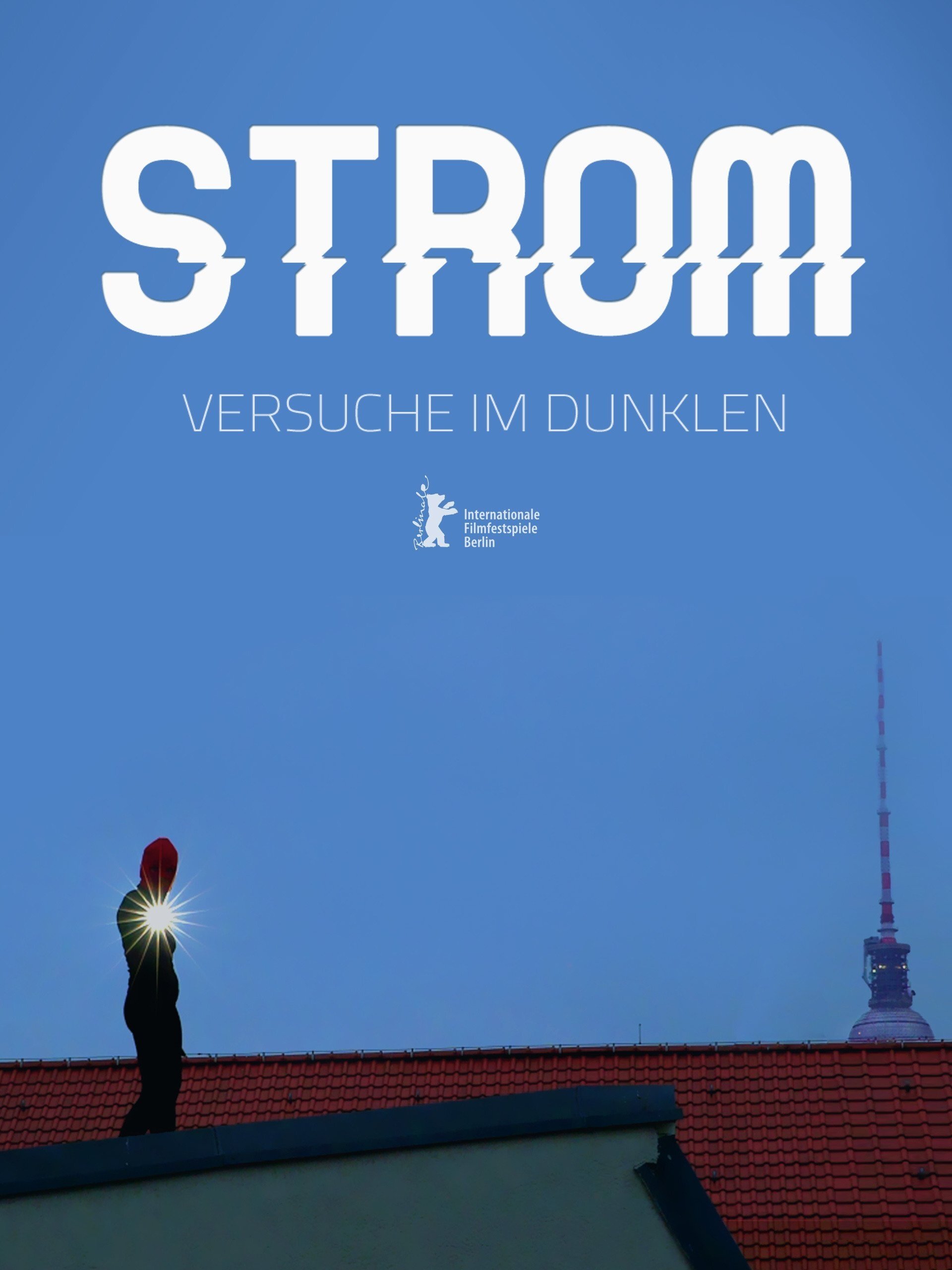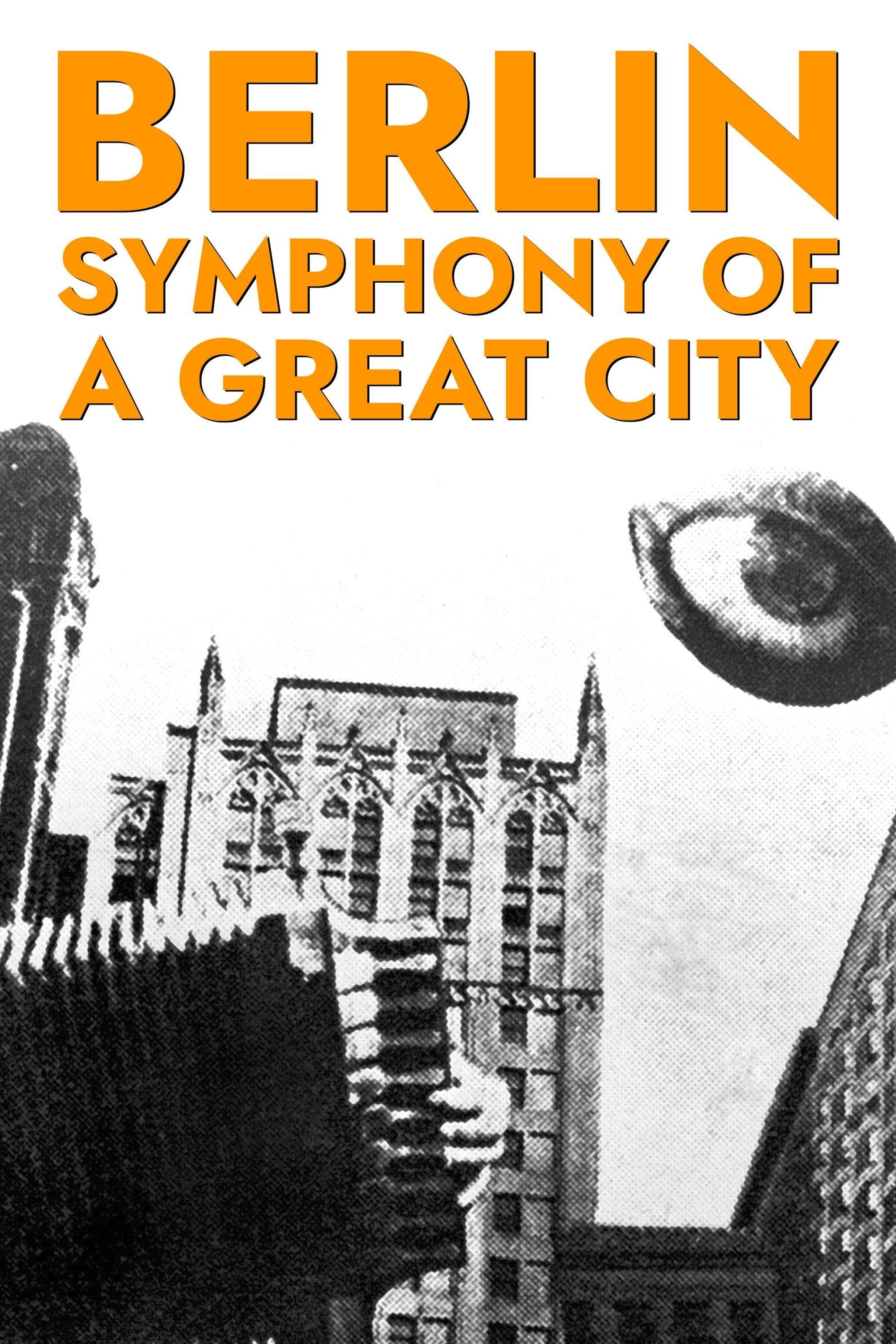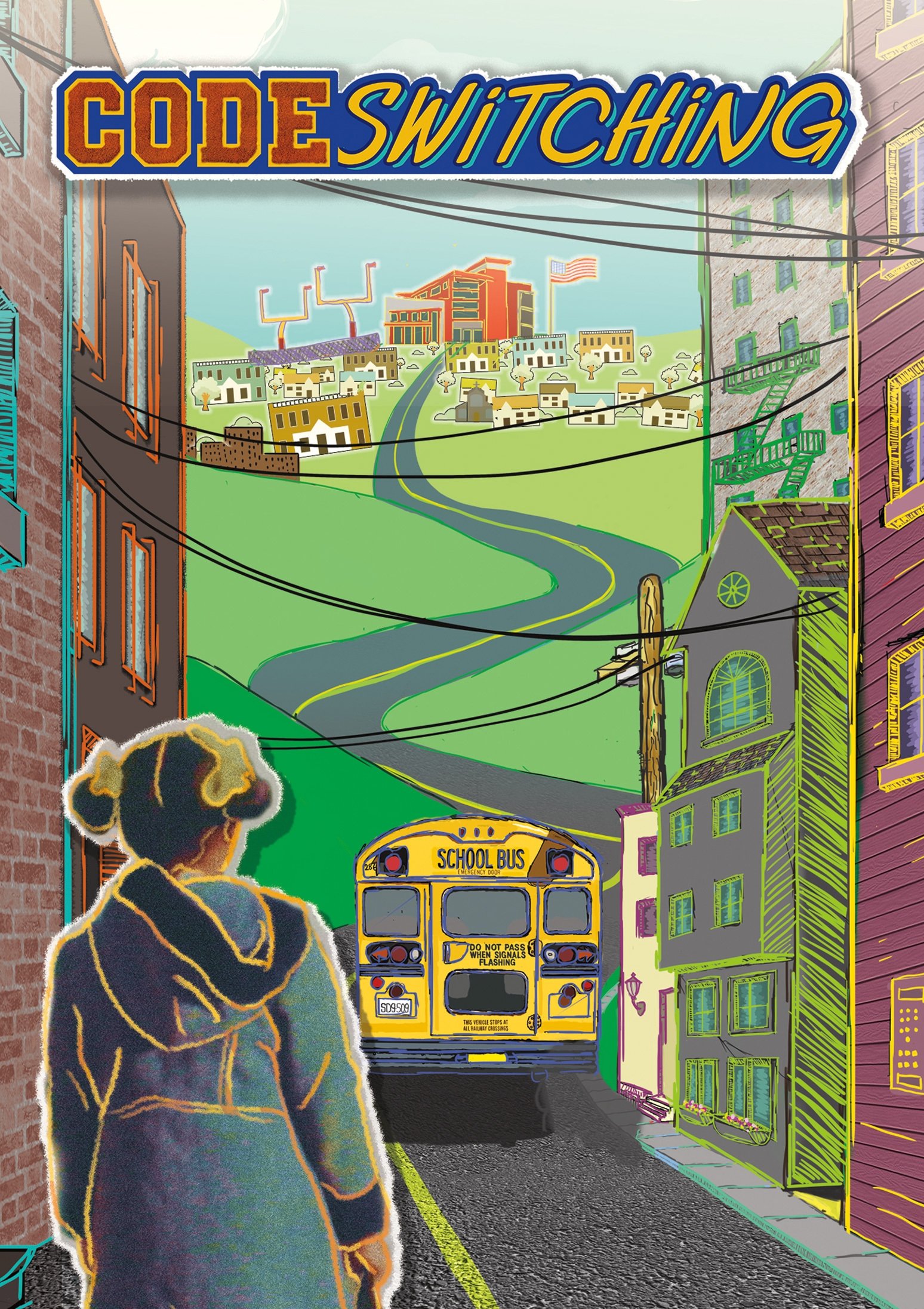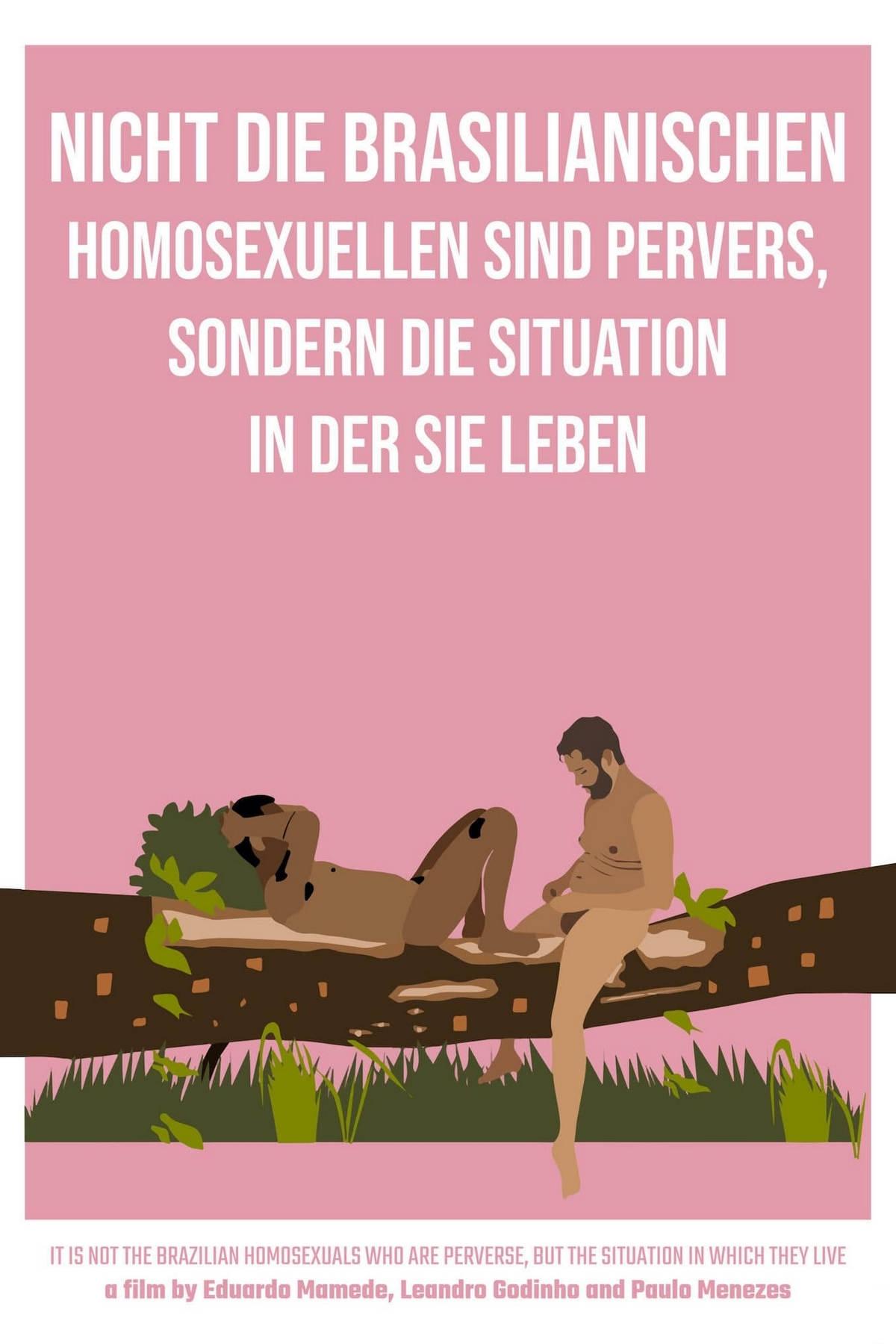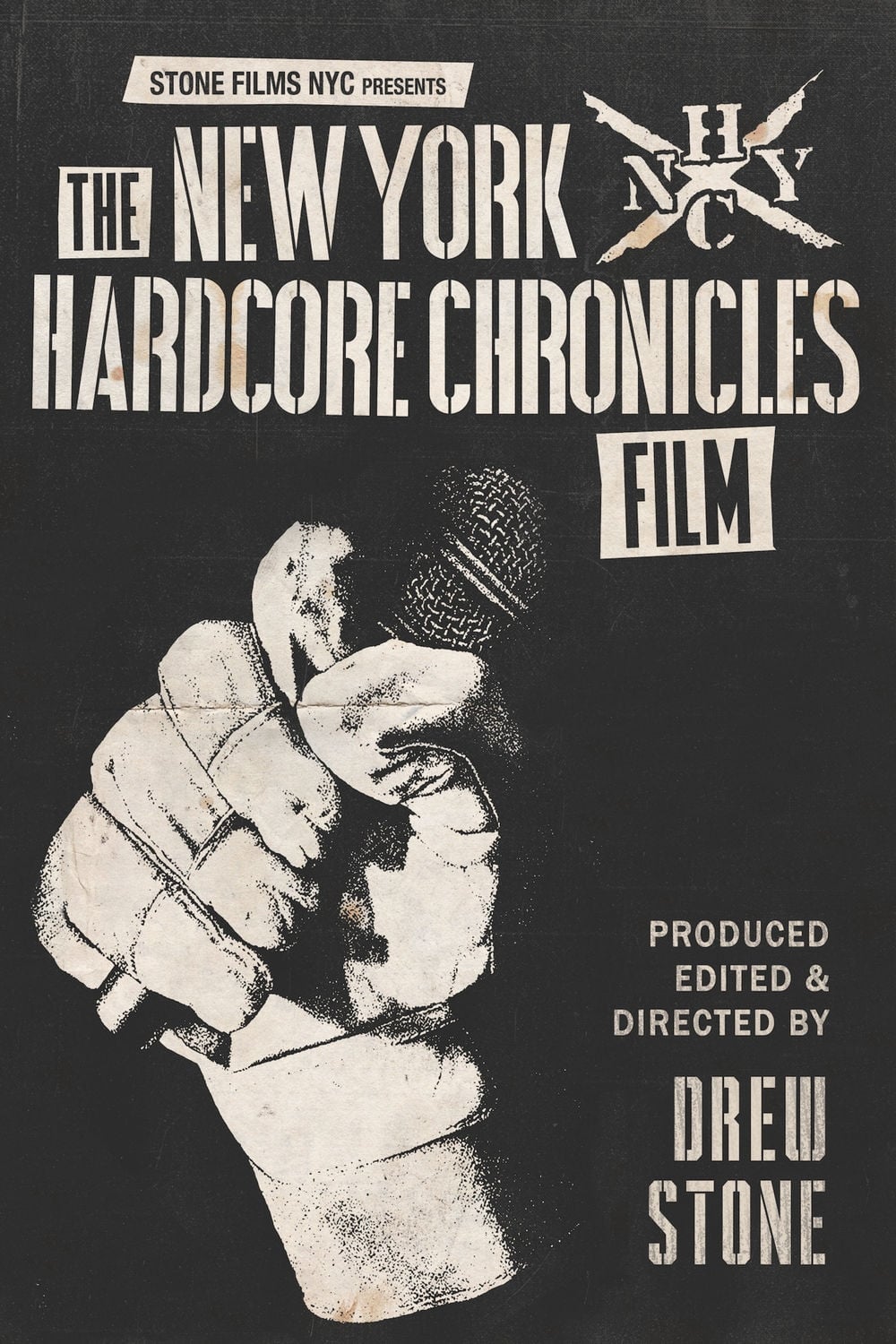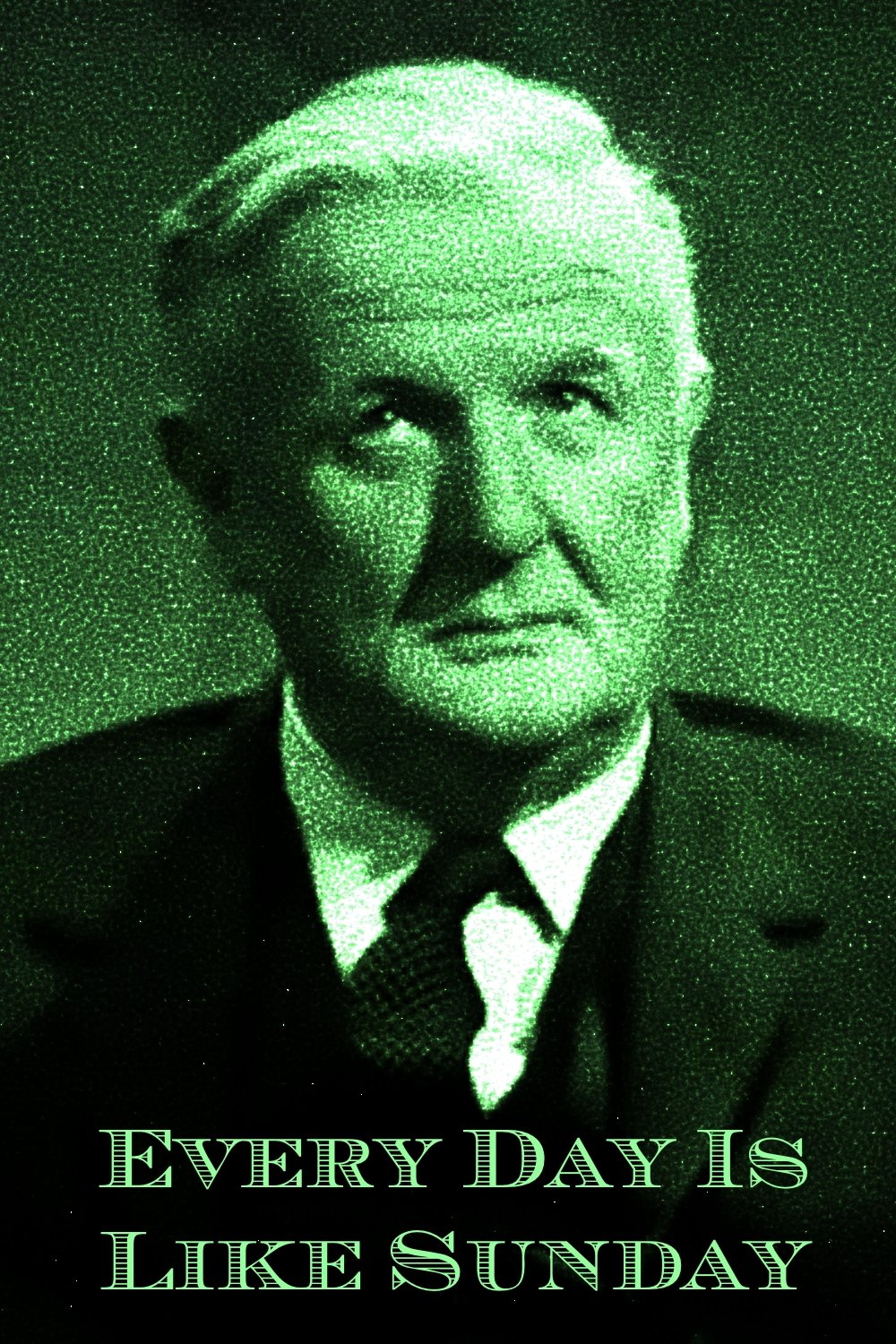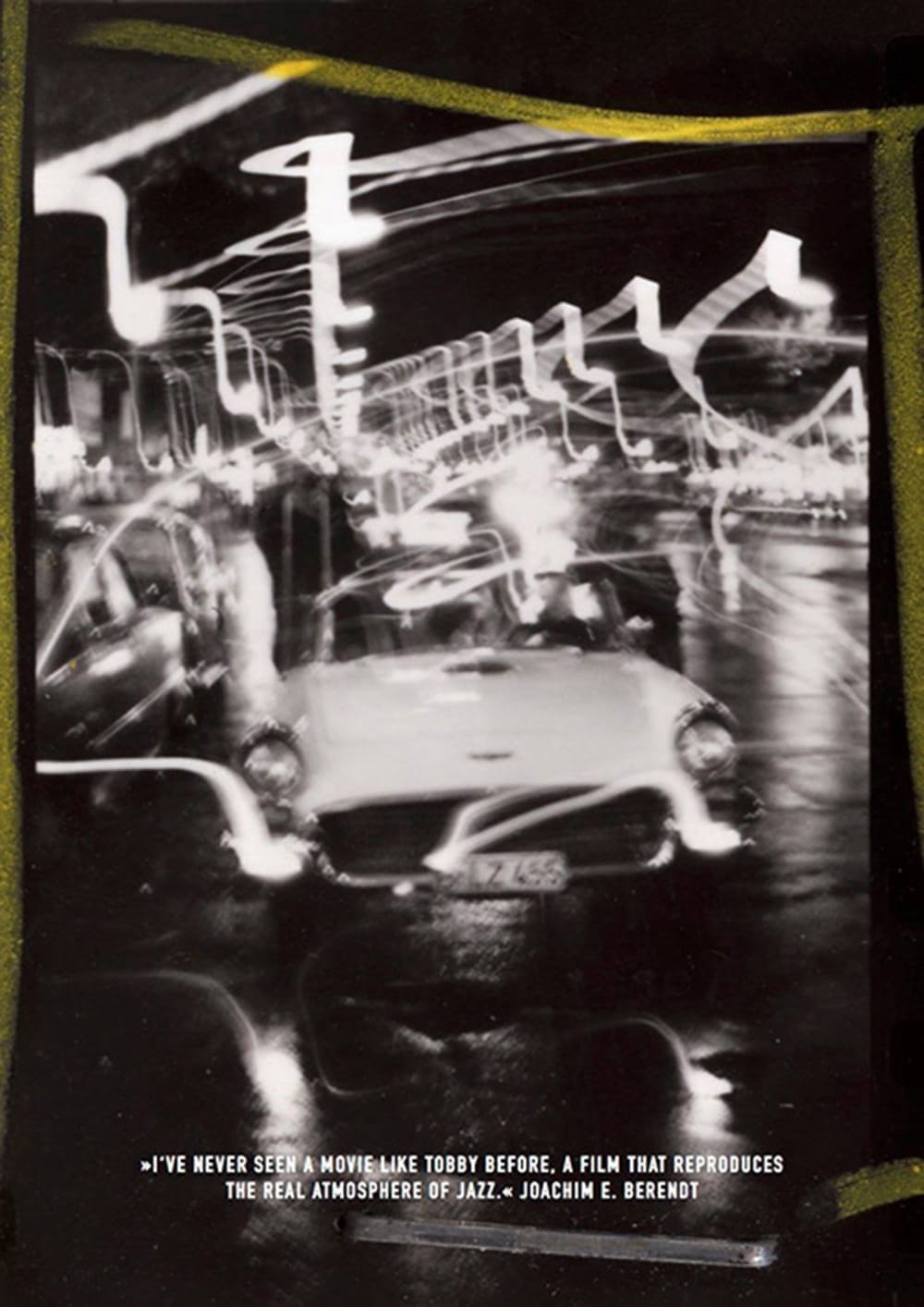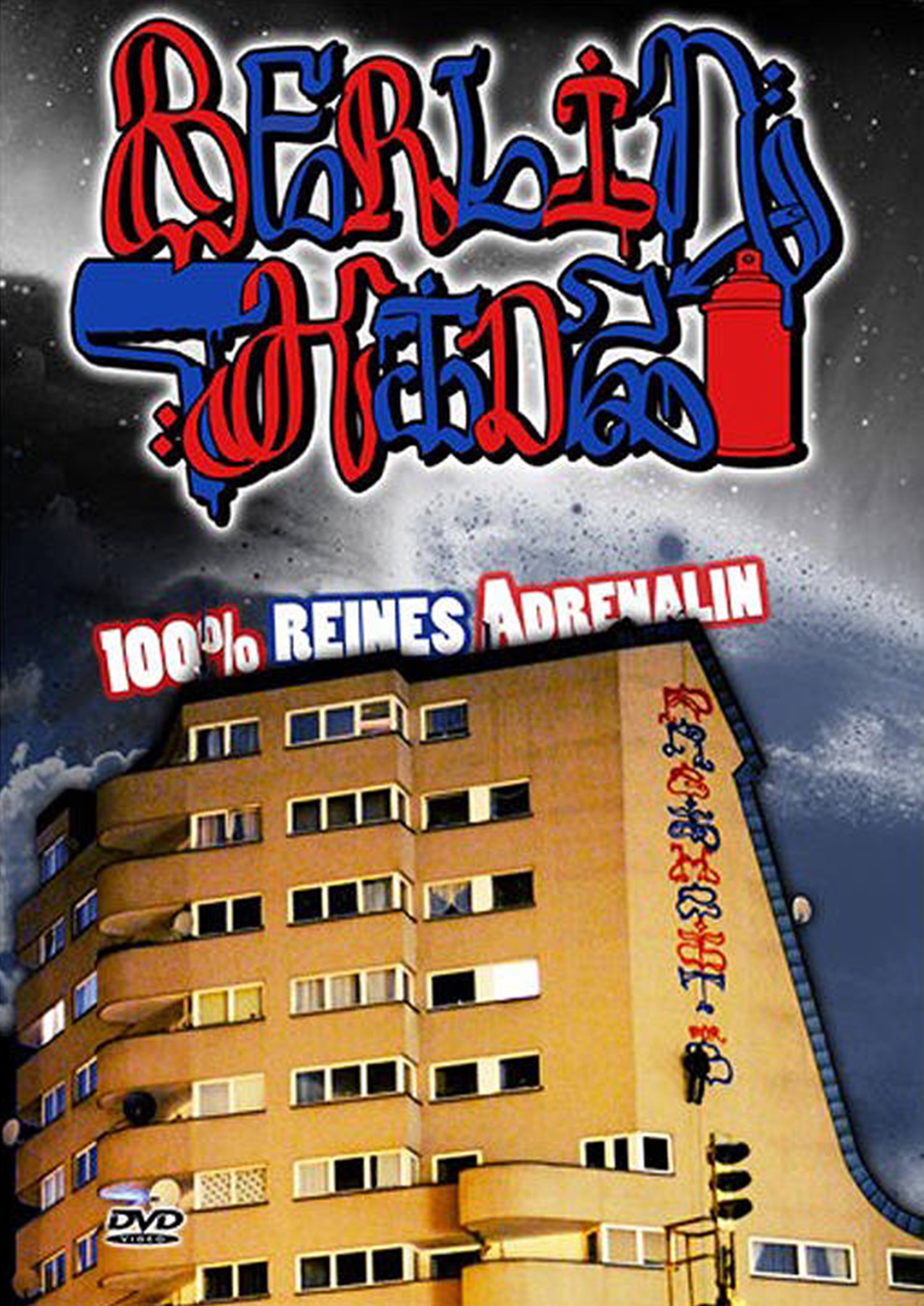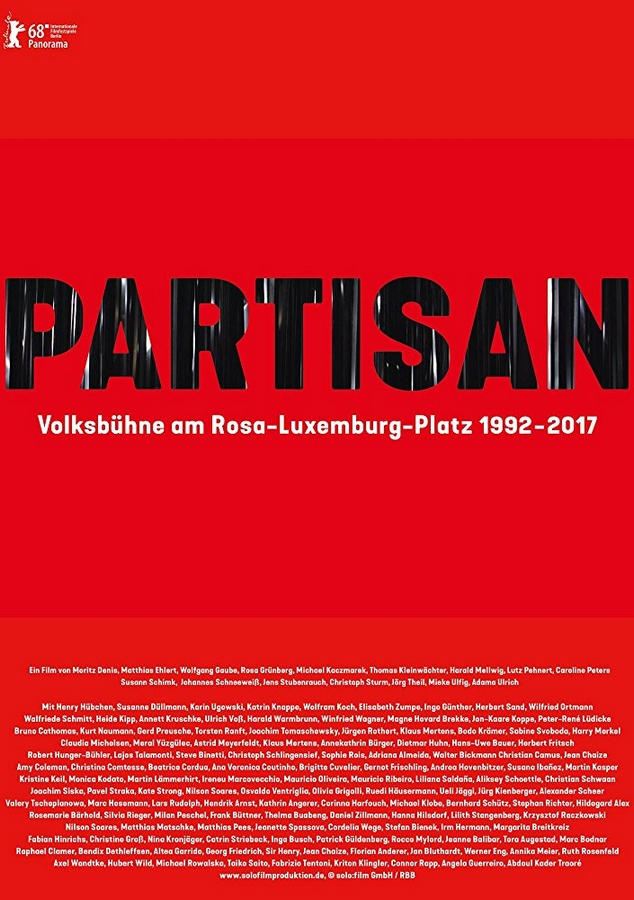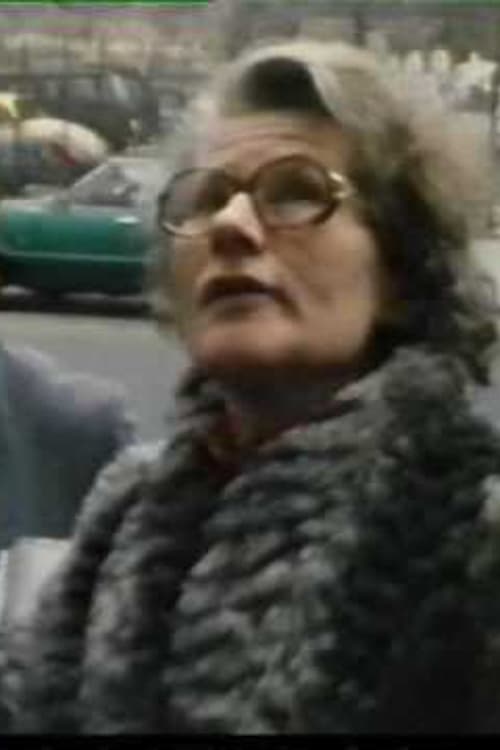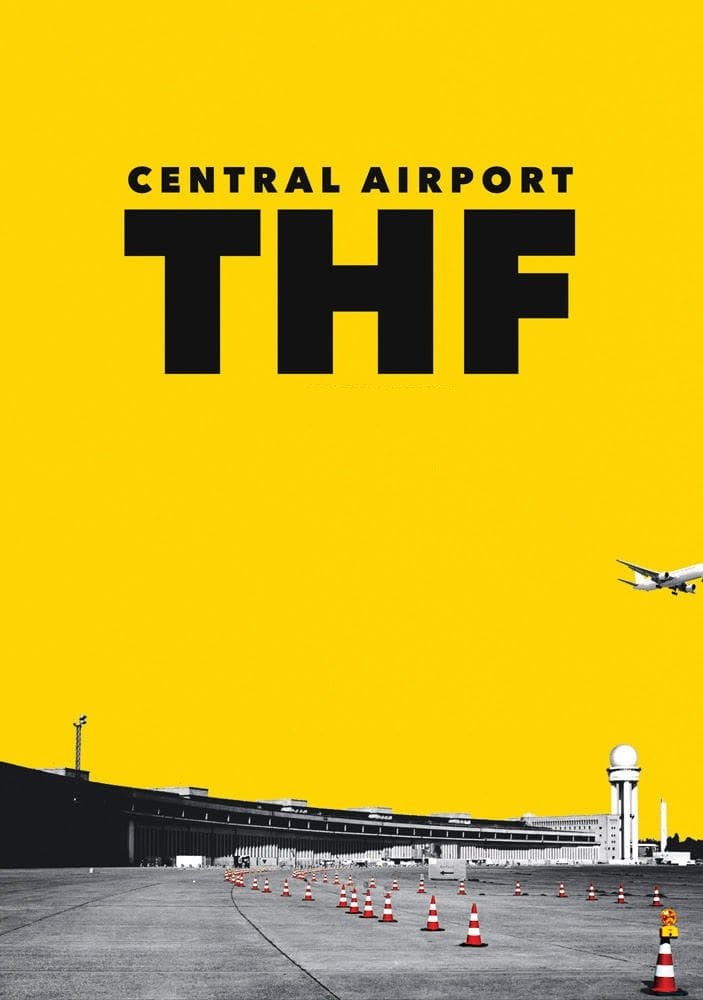Strom - Versuche im Dunklen
2015
1h 21m
0.0(0 votes)
Documentary
Overview
Links & Resources
Social & External
Production Companies
Cast & Crew
5 members
Acting
Laurence Grave
Sie selbst
No Image
Acting
Karl Heil
Er selbst
No Image
Acting
Margit Liebl
Sie selbst
No Image
Acting
Tim Kartmann
Er selbst
No Image
Acting
Dirk Reheis
Er selbst
No Image
Similar Movies
Recommended Movies

No Recommendations Yet
We're working on finding the perfect movies for you. Check back soon!
More movies coming soon
